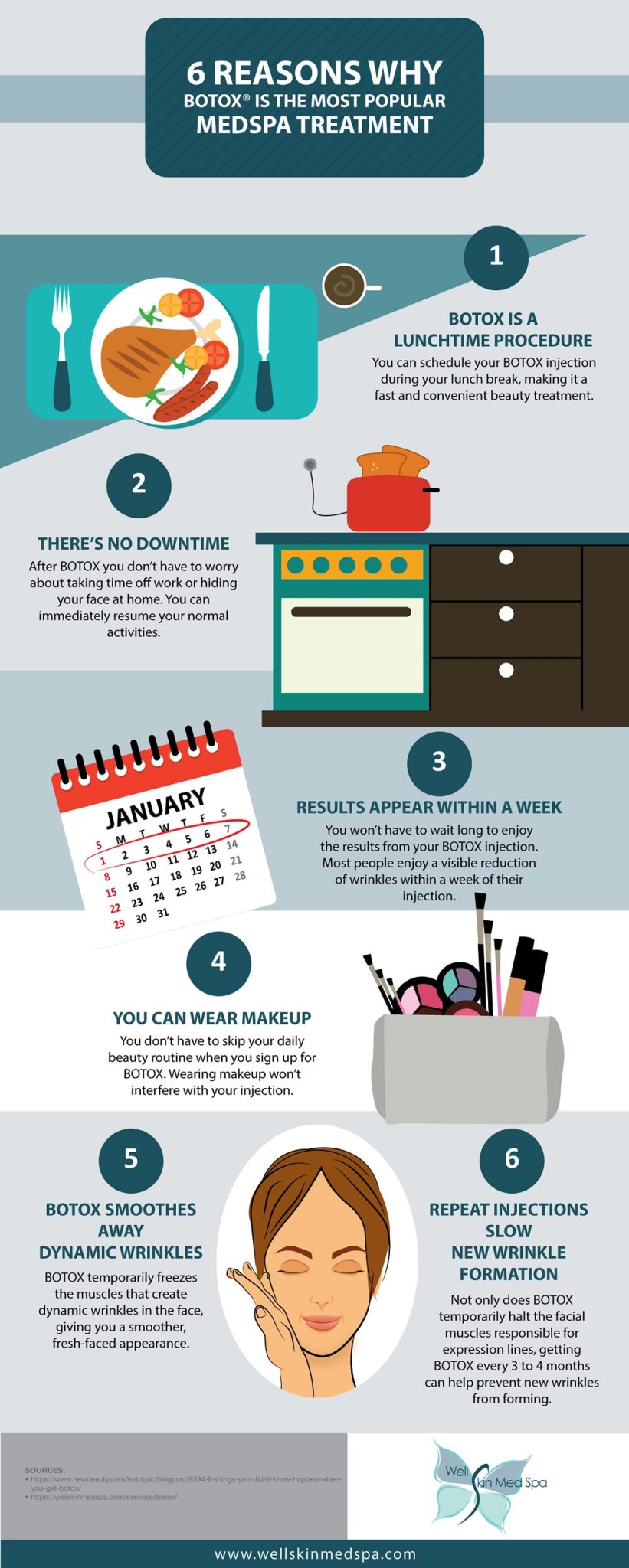If you're an elderly facing vision difficulties because of cataracts, recognizing your choices is critical. Cataract surgical treatment can recover quality and enhance your quality of life. You'll want to know what the treatment entails, exactly how to prepare, and what to expect throughout recovery. Additionally, being educated regarding the prospective dangers can help you make the best choice for your eye health. Let's explore what you need to understand about this transformative treatment.
Comprehending Cataracts: Reasons and Signs
Cataracts resemble a cloudy veil that slowly covers your vision, making everyday tasks challenging. They develop when healthy proteins in your eye's lens clump together, triggering it to become cloudy.
Age is one of the most common reason, yet aspects like diabetes mellitus, prolonged sunlight exposure, and cigarette smoking can increase your threat. You might observe fuzzy or dark vision, trouble seeing in the evening, or sensitivity to light. Colors might appear discolored, and you may need to change your glasses regularly.
If you find yourself struggling with these signs, it's important to consult an eye care specialist. Recognizing cataracts can assist you take proactive action in managing your eye wellness and preparing for prospective treatment choices.
The Cataract Surgery Process: What to Expect
When you decide to undertake cataract surgical treatment, it's all-natural to really feel a mix of expectancy and stress and anxiety concerning the procedure.
Initially, your cosmetic surgeon will certainly describe the procedure and address any kind of concerns. You'll likely go through a pre-operative evaluation to ensure you await surgery.
On get more info of the surgery, you'll reach the medical facility, where you'll get anesthetic to keep you comfortable. The treatment itself generally takes about 15 to 30 minutes.
Your specialist will certainly make a little incision in your eye to remove the over cast lens and change it with an artificial one. Throughout, you'll be monitored very closely.
Once the surgery is complete, you'll rest briefly before heading home, often with improved vision in simply a couple of days.
Healing and Threats: Navigating the Post-Operative Journey
Although the surgical procedure might be over, your trip doesn't finish there; healing is an important phase that requires attention and care. You'll likely experience some pain, but that need to gradually fade.
Follow your surgeon's guidelines very closely, including eye decreases and task limitations. Safeguard Can You See The Incision After Cataract Surgery from intense lights and stay clear of exhausting activities for a couple of weeks.
Understand possible threats, like infection or swelling. If you notice raised pain, abrupt vision adjustments, or discharge, call your physician right now.
Regular follow-up visits are vital to monitor your healing procedure. Remember, perseverance is crucial; your vision will certainly boost gradually.
Conclusion
In conclusion, cataract surgery can greatly boost your vision and total quality of life. By comprehending the reasons and signs and symptoms of cataracts, knowing what to expect throughout the surgical treatment, and knowing the recuperation procedure, you're far better outfitted for an effective trip. Remember to follow your physician's recommendations and attend all follow-up visits to ensure your eye health and wellness remains a priority. Embrace this chance for clearer vision and a brighter future!
